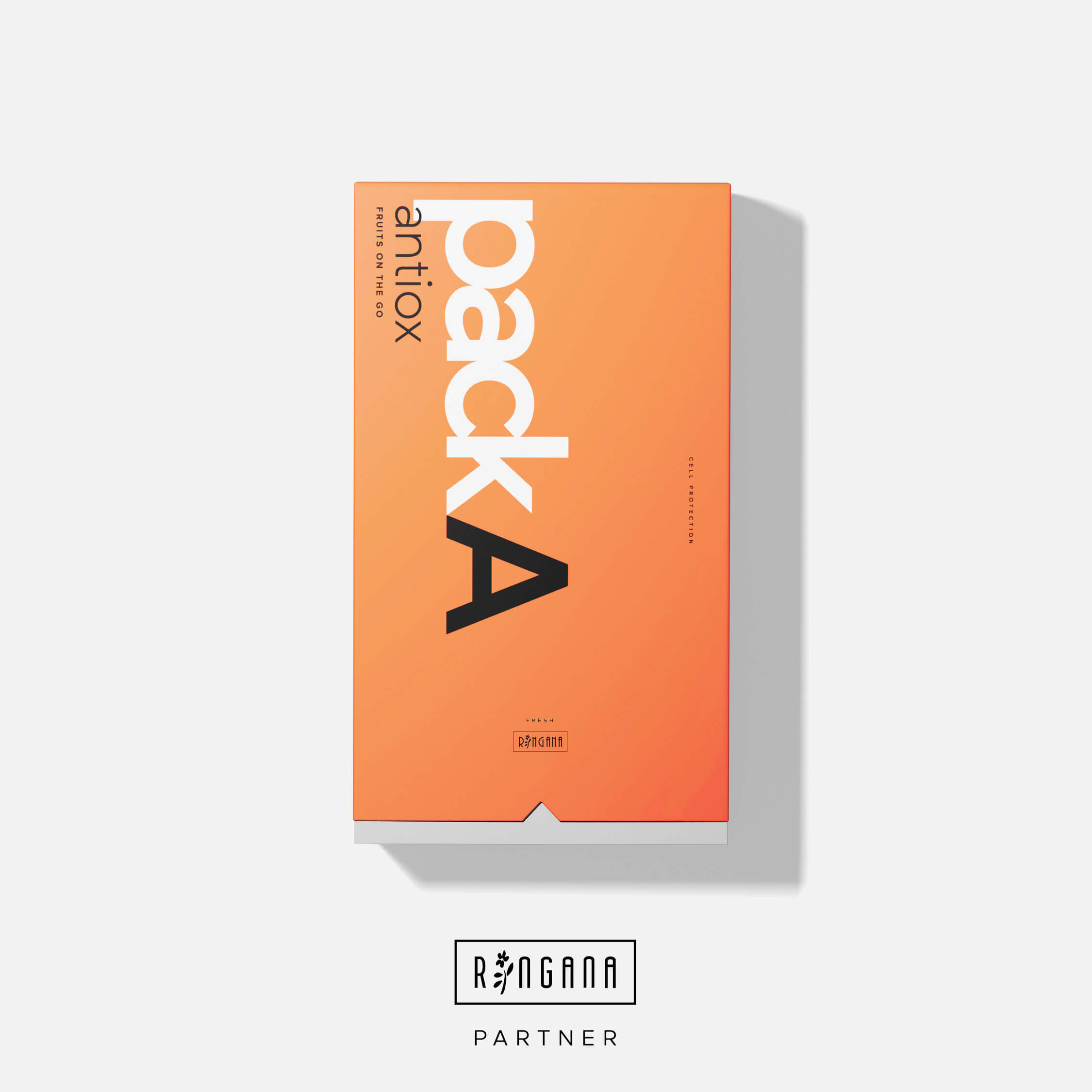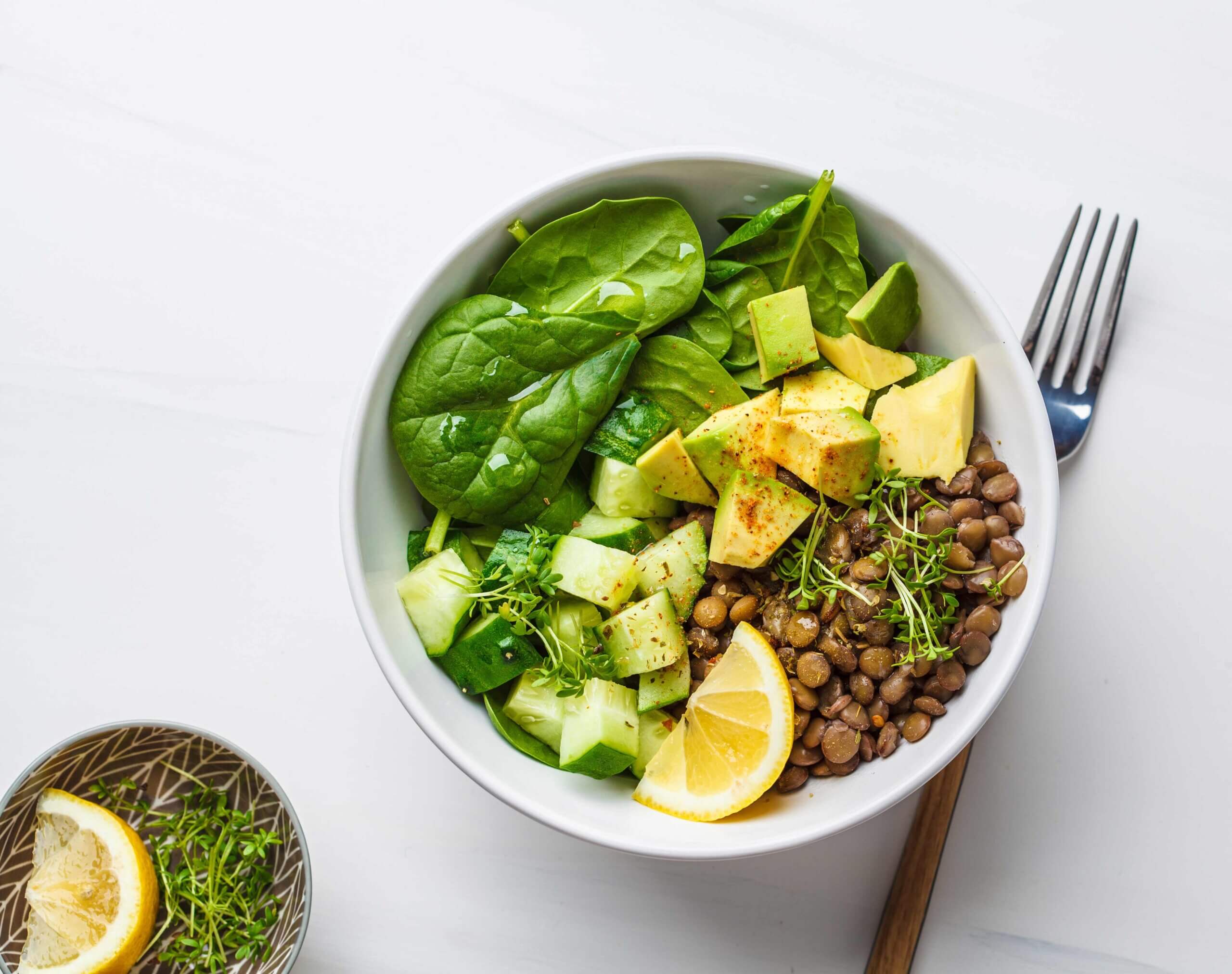Autumn – the season of falling leaves, cosy jumpers and crisp morning air. But as beautiful as this time of year can be, it often comes with an unwanted guest: colds. Ever wondered why? And what you can do to stay healthy? The answer – you may have guessed it – lies largely in a well-supported immune system. And one powerful ally to give it the care it needs is vitamin C. Let’s take a closer look!
Why do we get more colds in autumn?
It’s no coincidence that colds become more common in autumn. As temperatures drop, we tend to spend more time indoors – often in enclosed spaces with less fresh air, where viruses can spread easily. At the same time, dry heating air irritates our mucous membranes, making us more vulnerable to infections. Then there’s the constant shift between chilly outdoor air and cosy indoor warmth, which can stress the body. And with fewer hours of sunshine, our vitamin D levels – another important immune supporter – naturally drop. All of this adds up and makes us more prone to catching a cold.
Vitamin C – the water-soluble immune booster
Vitamin C is a water-soluble vitamin – but what does that mean exactly? Unlike fat-soluble vitamins like A or D, which can be stored in fatty tissue, water-soluble vitamins can’t be stored by the body for long. Instead, vitamin C is absorbed in the intestine after we eat and then enters the bloodstream, where it gets to work: supporting the immune system, protecting cells from oxidative stress, and more.
Whatever the body doesn’t use is simply flushed out. That’s why it’s so important to replenish your vitamin C stores regularly – ideally every single day. Even if you can’t really “overdose”, a consistent intake gives your immune system the best chance to stay strong.
“
Let your food be your remedy.
Hippokrates
How much vitamin C do you really need?
According to the German Nutrition Society (DGE), the recommended daily intake for adults is 95 mg for women and 110 mg for men. The Austrian Nutrition Society (ÖGE) suggests similar values: around 100 mg for women and 110 mg for men. But what does that look like in real life?
Let’s break it down: One red bell pepper (approx. 150 g) contains around 225 mg of vitamin C – that’s more than double the daily requirement. A single kiwi (about 75 g) delivers around 70 mg. And if you add a handful of strawberries (150 g) and an orange to your breakfast, you’ll get around 160 mg of vitamin C – more than enough to cover your needs.
So you see, with just a few servings of fresh fruit and veg, you can easily hit your vitamin C target – and give your immune system a natural helping hand.
A quick note on preparation
When preparing vitamin C-rich foods, it’s worth keeping in mind that vitamin C is sensitive to heat and light. Try to avoid long cooking times, especially with vegetables like broccoli or peppers. Steaming or briefly blanching is best. And of course, raw fruit and veg are always a fantastic way to enjoy this vital nutrient in its most natural form.


Recipe: your homemade vitamin C power shot
Want to give your immune system an extra boost? Try this quick and easy homemade power shot – it’s packed with vitamin C and other plant-based goodness.
Ingredients:
- 1 orange (peeled)
- 1/2 lemon (peeled)
- 1 small carrot (peeled, roughly chopped)
- 1 piece of ginger (approx. 2 cm, peeled)
- 1 pinch of turmeric (optional, for anti-inflammatory benefits)
- 1 teaspoon acerola powder (for extra vitamin C)
- 1/2 tsp agave syrup (optional)
- 50 ml water
Instructions:
- Add all ingredients to a blender.
- Blend on high until smooth.
- Pour into a glass and enjoy fresh.
This little shot gives you a healthy dose of vitamin C, and the ginger and turmeric support your immune system with their natural anti-inflammatory properties. A perfect pick-me-up for your morning routine.
No time for shots? Let’s be honest – we don’t always have the time (or energy) to whip up a fresh vitamin C shot every day. And that’s perfectly okay. If you’re looking for a quick and reliable way to support your immune system, I highly recommend RINGANA pack antiox. Designed to help protect your cells from oxidative stress – one of the key factors that can weaken your immune system – it’s a powerful blend of freeze-dried superfruits and antioxidant nutrients. With vitamin C, vitamin E and OPC, this pack gives your body what it needs to defend itself naturally.
shop
FRESH pack antiox delivers pure power from freeze-dried superfruits. With both water- and fat-soluble antioxidants, FRESH pack antiox supports the body’s natural defences and protects cells from harmful free radicals.
Top plant-based sources of vitamin C
Want to increase your vitamin C intake naturally?
Here are some of the best – and most surprising – sources to include in your plant-based diet.
1. Rose hips (1250 mg per 100 g): These red power fruits are bursting with vitamin C. Whether as tea, puree or in your smoothie – they’re a brilliant daily boost.
2. Acerola cherries (1700 mg per 100 g): Tiny but mighty, acerola cherries cover your vitamin C needs many times over. Use them in smoothies or sprinkle acerola powder into bowls and juices.
3. Red bell peppers (150 mg per 100 g): Colourful, crunchy and packed with vitamin C – red peppers are perfect raw or gently cooked as part of your favourite dish.
4. Blackcurrants (200 mg per 100 g): These tart little berries are rich in vitamin C and antioxidants. Great in porridge, desserts or homemade jams.
5. Kale (105 mg per 100 g): The green superfood delivers not just minerals, but a solid dose of vitamin C too. Enjoy it in salads, smoothies or oven-baked as chips.
6. Kiwi (92 mg per 100 g): This fuzzy green fruit is more than just tasty – it’s also a great natural source of vitamin C.
7. Broccoli (89 mg per 100 g): Known for its health benefits, broccoli is another excellent way to increase your vitamin C intake. It’s ideal for stir-fries, soups or as a side dish.
This autumn, give your immune system the support it deserves. A balanced, plant-based diet rich in vitamin C is one of the simplest – and most effective – ways to stay strong and healthy. And when life gets busy, a smart supplement like RINGANA pack antiox can help fill the gaps and keep your immune defences going strong.
Disclaimer: This text is not a substitute for professional medical advice, diagnosis or treatment. It must not be used as a basis for self-diagnosis or for starting, changing or discontinuing medical treatment. Always consult a qualified healthcare professional if you have any health concerns or symptoms. Greentrinsic accepts no liability for any discomfort or harm arising from the use of the information provided.
Did you know that around 70% of your immune system is located in the gut? Discover the secret world of your digestive system – and how a plant-based diet and a few simple tips can help you take care of it naturally.





